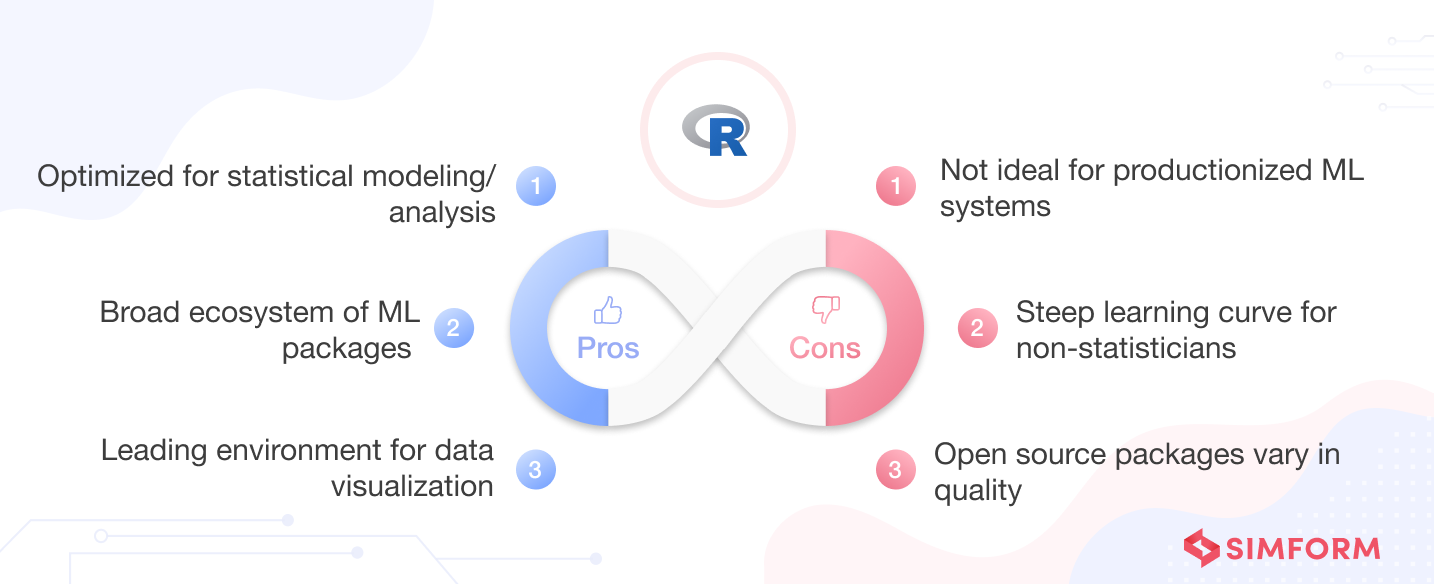
In the bustling world of freight forwarding—a critical component of global trade—the winds of change are blowing fiercely, and at the helm of this transformation are cutting-edge technologies like Artificial Intelligence (AI), Blockchain, and the Internet of Things (IoT). These innovations are not just buzzwords; they are actively reshaping how goods are shipped across borders, optimizing logistics, reducing costs, and enhancing transparency.
The AI Advantage: Predictive Power and Efficiency
Artificial Intelligence is a game-changer in logistics, offering the ability to analyze massive datasets to predict shipping price fluctuations, optimize routes, and improve overall efficiency. According to Vocal Media, AI systems can effectively predict changes in shipping costs between major trade routes like China and the US by accounting for demand cycles, fuel costs, and geopolitical factors. "AI is allowing us to anticipate and adapt to changes faster than ever before," said a leading logistics consultant. This capability not only reduces costs but also mitigates risks associated with delays and disruptions.

Blockchain: The Backbone of Transparency
In an industry traditionally bogged down by paperwork and multiple intermediaries, Blockchain technology is simplifying and securing the process. With its decentralized and immutable ledger, Blockchain ensures that every transaction and shipment is transparent and traceable. This tech is vital in reducing fraud and errors in documentation, such as bills of lading and customs declarations.
"Blockchain's ability to provide a single source of truth is revolutionary," says an expert from Trade Finance Global. By digitizing paperwork and automating processes, businesses can significantly cut down administrative overheads and improve the accuracy and speed of transactions.
IoT: Real-Time Tracking and Proactive Management
The Internet of Things brings a new level of visibility and control to freight forwarding. IoT devices embedded in shipping containers and vehicles provide real-time tracking, offering businesses and customers instant updates on shipment status. This real-time data is crucial for maintaining supply chain transparency and customer satisfaction.
IoT sensors can alert shippers to anomalies, such as deviations from the planned route or exposure to extreme temperatures, allowing proactive measures to avoid damage or delays. This capability is particularly beneficial for sensitive goods that require strict environmental controls during transit.

Navigating the Global Market
For businesses engaged in international shipping, especially between powerhouses like China and the US, leveraging these technologies is essential to stay competitive. As Vocal Media highlights, embracing these innovations allows companies to streamline operations, enhance customer satisfaction, and reduce operational costs, all of which are critical in a rapidly evolving global market.
Challenges and Future Prospects
While the benefits are clear, integrating these technologies into existing systems poses challenges. Businesses must invest in infrastructure, training, and cybersecurity to ensure seamless and secure adoption. Moreover, regulatory frameworks are still catching up with these technological advancements, requiring collaborative efforts from industry stakeholders and policymakers.
Despite these hurdles, the trajectory is clear: technology is transforming freight forwarding into a more agile, efficient, and transparent industry. As these trends continue to evolve, companies that adapt quickly will not only survive but thrive in the future landscape of global trade.
Conclusion
The freight forwarding industry is on the cusp of a technological revolution, driven by AI, Blockchain, and IoT. These innovations are not just enhancing operational efficiency but are setting new standards for transparency and customer satisfaction. As the global market continues to expand, staying ahead of these trends will be crucial for businesses aiming to maintain a competitive edge in international shipping.

By embracing these technologies, the freight forwarding industry is poised to meet the challenges of the modern world, ensuring that goods continue to flow smoothly across borders, paving the way for a more interconnected global economy.